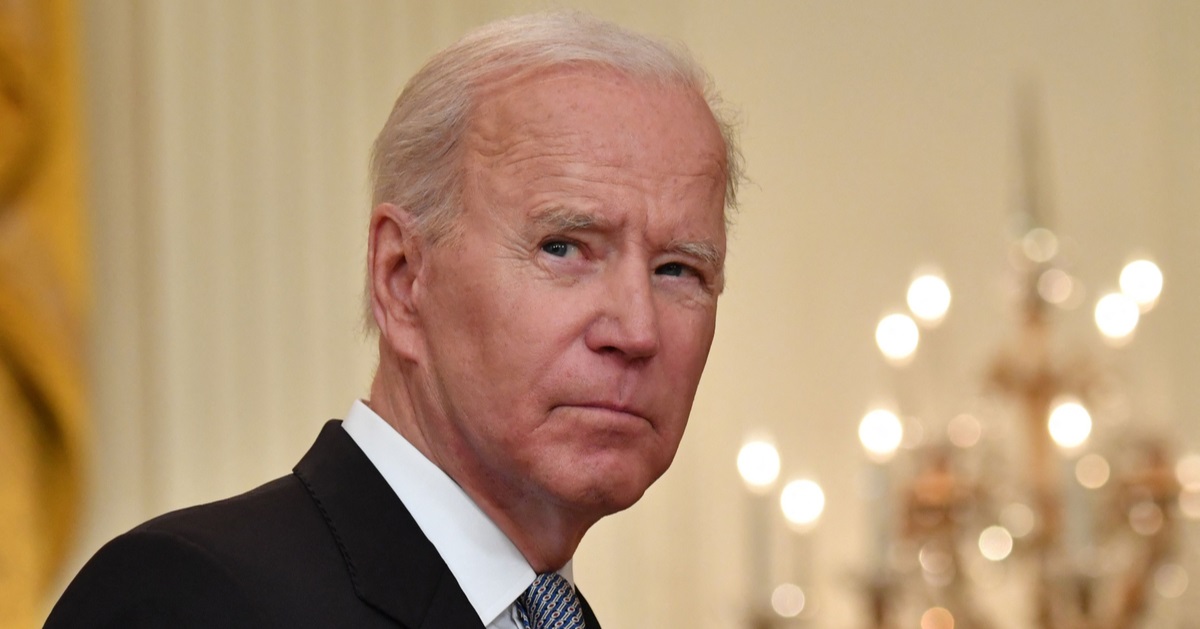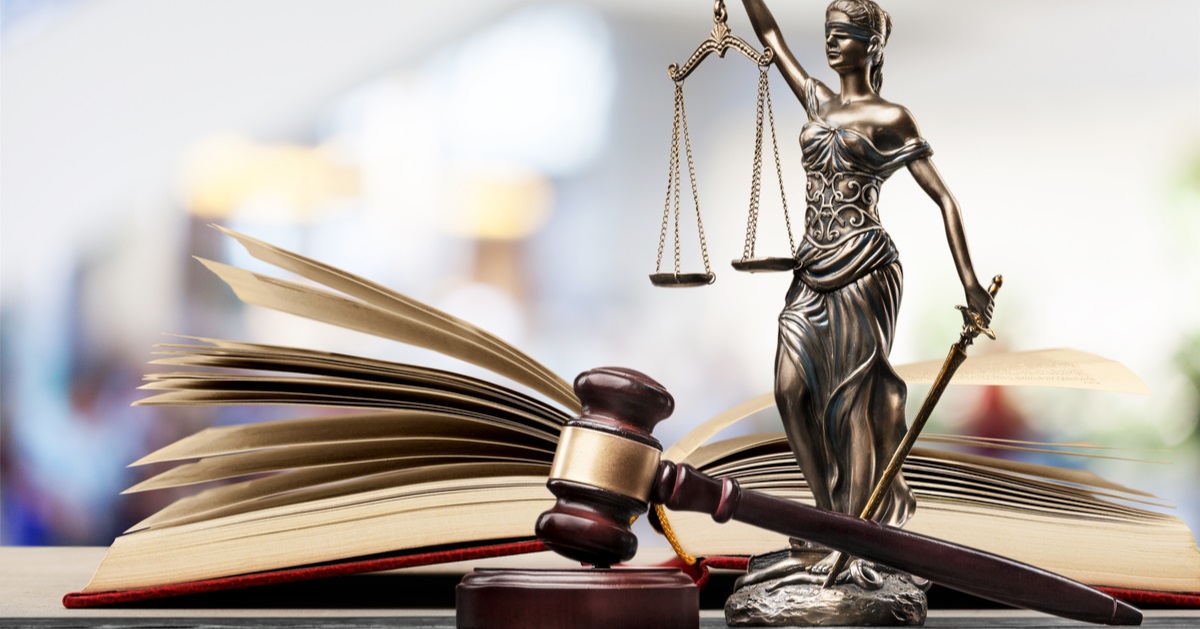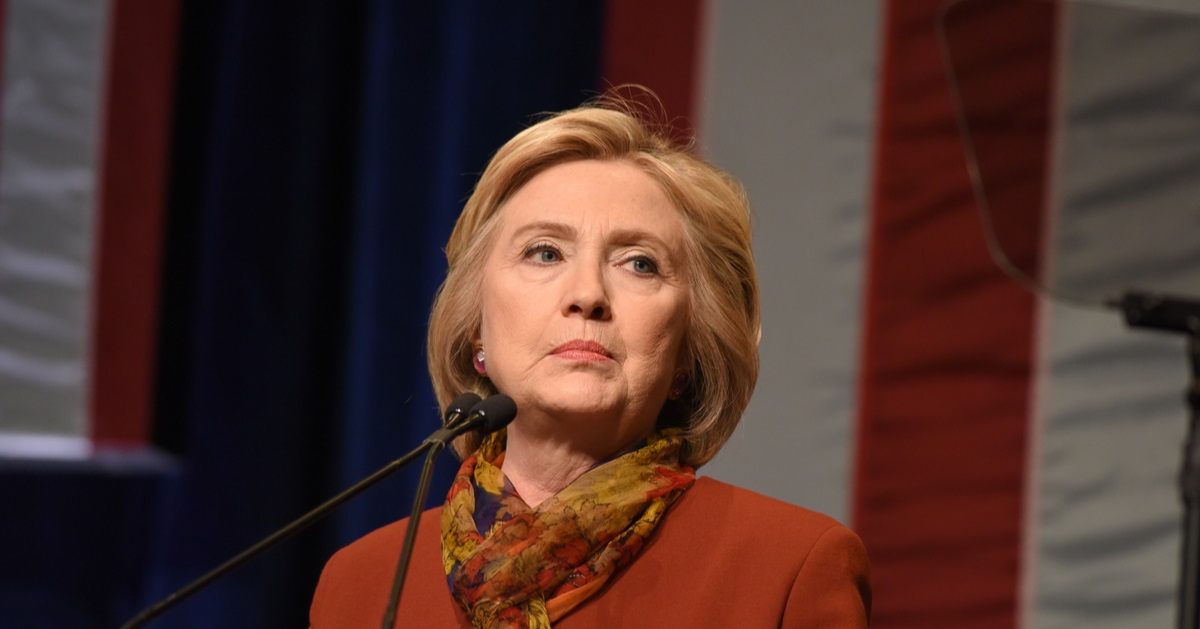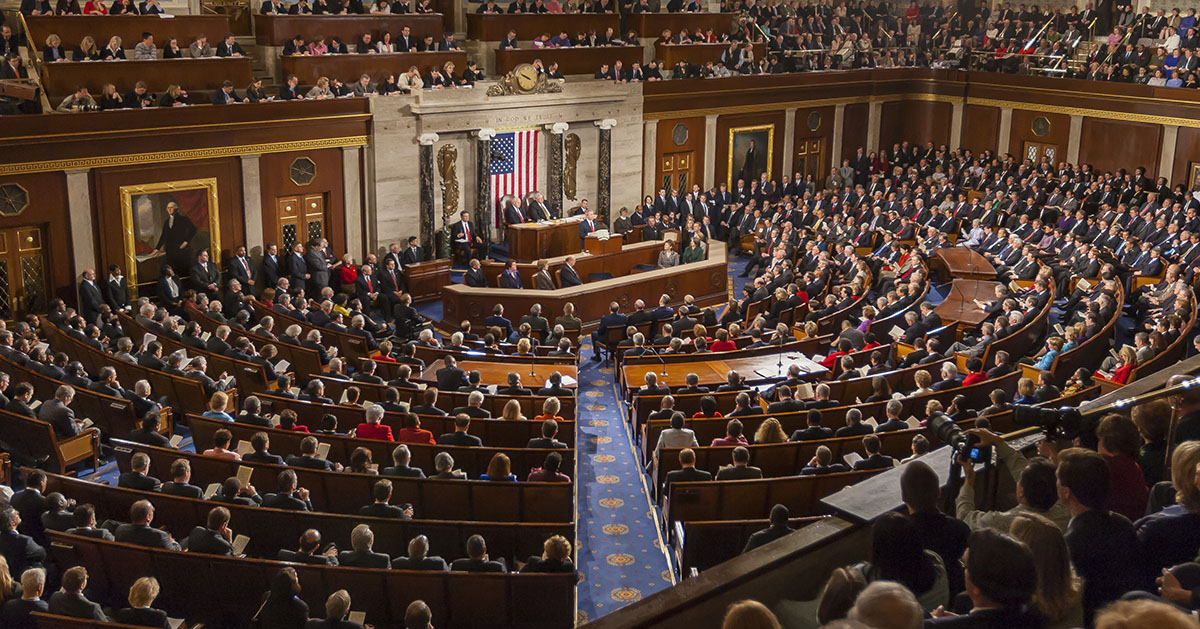Supreme Court avoids insurrection question in Trump ballot case
Following the Jan. 6, 2021 Capitol storm by Trump supporters, fencing was installed to protect adjacent buildings.
The Supreme Court, a marble building across from the Capitol, was also deemed to be in need of protection, as NBC News reported.
However, the justices inquired little about a critical topic during oral arguments on Thursday concerning Colorado's effort to remove Trump from the Republican primary ballot: Is Jan. 6 an uprising?
The court may decide in favor of Trump on other grounds, allowing the justices to avoid a controversial issue, and after the two-hour oral argument, it appeared that a majority would rule that states cannot implement Section 3 of the 14th Amendment, which excludes former officials who “engaged in insurrection” from federal office.
Questioning from Judges
Justices questioned legal minutiae like whether Section 3 covers the president and whether Congress must approve legislation to enforce it.
Instead of answering the insurrection issue, they asked who decides if an insurrection occurred, with several arguing states should not.
Only leftist Justice Ketanji Brown Jackson, nominated by President Joe Biden, directly questioned the uprising.
Jackson asked Trump's lawyer, Jonathan Mitchell, if he would admit insurrection.
Mitchell pushed back, saying, “President Trump did not engage in any act that can be plausibly characterized as insurrection.”
An insurrection, he added, “needs to be an organized, concerted effort to overthrow the government of the United States through violence.”
However, Jackson seemed doubtful at the narrowness of how the attorney defined the term.
“So your point is that a chaotic effort to overthrow the government is not an insurrection?” she asked, to which Mitchell responded that it was a "riot" and "not an insurrection.
Case History
The Colorado Supreme Court determined that Section 3 does indeed apply to the president and that Trump had participated in insurrection when it rendered its decision of ineligibility.
A lower court judge had previously determined that an insurrection had occurred, but that Section 3 could not be enforced.
Subsequent to a five-day hearing in a lower state court, Trump's tweets, videos documenting the events of January 6, and the report of the now-defunct House committee that investigated the assault were among the evidence presented.
A recurring motif throughout the arguments before the Supreme Court on Thursday was the bench's unease at the prospect of reviewing a flurry of state court decisions, such as the one in Colorado that barred future presidential candidates, including Trump, from running on the grounds of allegations of involvement in an uprising.






